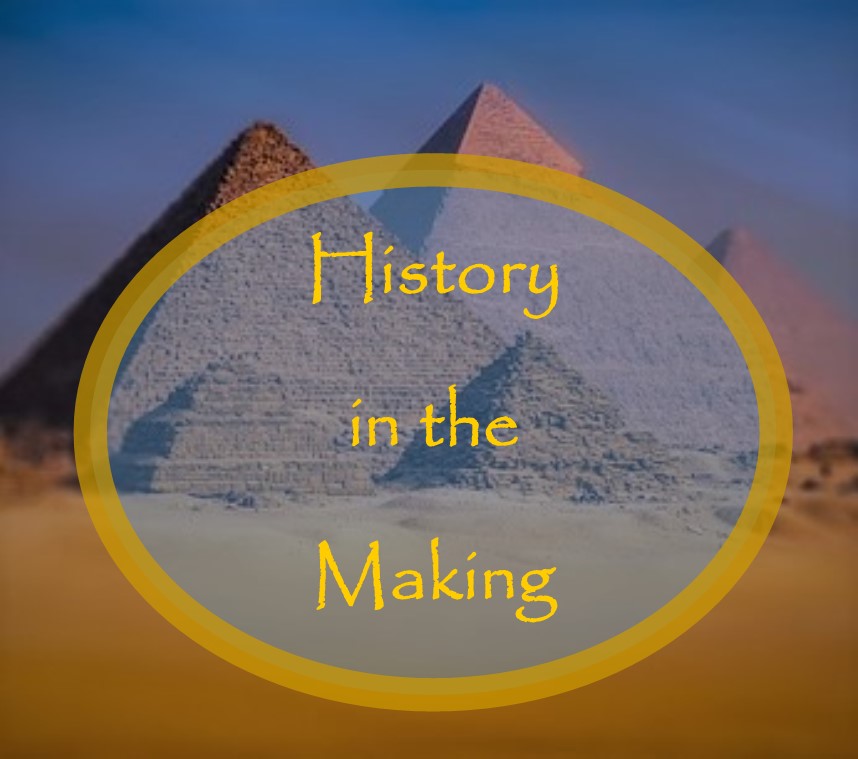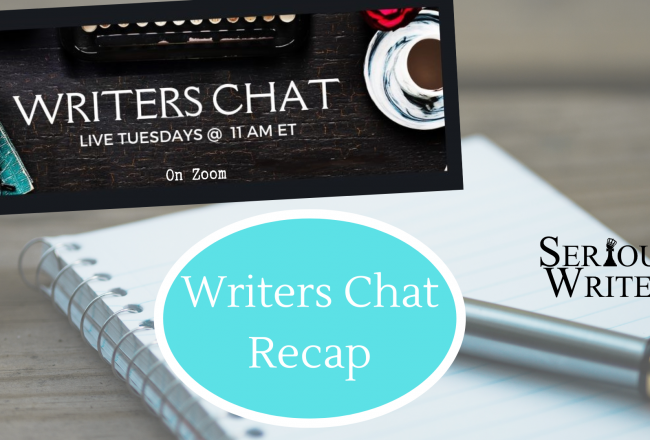
Pumping the Brakes
This month I want to continue talking about the importance of pacing and screenwriting. I want to emphasize that…
November 4, 2022
This month I want to continue talking about the importance of pacing and screenwriting. I want to emphasize that…
November 4, 2022
A visit with college buddies reminded me of the bonds we create over shared experiences. The photo album teased…
November 3, 2022
Writers Chat, hosted by Jean Wise, Johnnie Alexander, and Brandy Brow, is the show where we talk about all…
November 1, 2022
As I write this month’s post, I am waiting to hear back from agents and publishers to whom I…
October 29, 2022
M. J. Padgett is a YA author and co-owner of Pirate Cat Publishing and I asked her advice about…
October 28, 2022
It’s easy to feel lost in the world of book publishing. Experts say there are over a million proposals…
October 26, 2022
When I’m considering a travel destination, a purchase, or even a new recipe to try, I usually read reviews…
October 24, 2022
Upon doing a search for romance novels that include a masquerade, I found that many romance novels include the…
October 23, 2022
If you watch movies or read fiction novels, your perception of masquerades is probably of elaborate parties among the…
October 20, 2022My co-host Lori Scott has an exceptional series about bringing her YA novel from concept to reality, but for…
October 16, 2022
Writers Chat, hosted by Jean Wise, Johnnie Alexander, and Brandy Brow, is the show where we talk about all…
October 15, 2022
While the life of a writer may seem easy to the outsider, in reality, it is not for the…
October 14, 2022
All your proverbial ducks are in a row. It’s time to “pitch” podcasters, to let them know you’re available…
October 12, 2022
I wonder… What made you fall in love with science fiction and fantasy? As a child, I loved fairy…
October 10, 2022
I stared at the one-inch thick pine board and sighed. I had attempted the side-kick break for what seemed…
October 9, 2022
Back in 2021, I relayed the long, long trail to sell a 181-word board book manuscript for publication. And…
October 8, 2022
As I write this post, I am nearing the finish line. I am not a runner—not by any means.…
October 6, 2022
For many people, writing is difficult. But writing can become faster and more efficient with practice. When writing effectively…
October 5, 2022
Labor Day weekend, I finally decided to go see the action movie Top Gun: Maverick. It seemed like a…
October 4, 2022
“Gra’ma, can I have some candy?” “Not yet,” I said. “We’re getting ready to eat supper.” Eyes focused on…
October 3, 2022
Can you share a little about your recent book? My newest award-winning mystery is Fountains and Secrets. Here’s the…
October 1, 2022Writers Chat, hosted by Jean Wise, Johnnie Alexander, Brandy Brow, and Melissa Stroh, is the show where we talk…
September 30, 2022
For almost half a year, I have gone through another rough season in my life. I have left a…
September 29, 2022
How do you know if you’ve written a young adult novel or an adult coming of age? What about…
September 27, 2022
Within the publishing community, who you know is almost as important as what you know. Yes, it is important…
September 26, 2022
